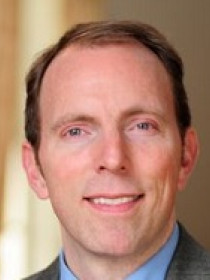
Bruce Peabody
Connect with Bruce
About Bruce
Peabody’s areas of expertise include judicial independence, the separation of powers, changing conceptions of American heroism, and the intersection of popular culture and problems in the U.S. political system. Peabody also has a longstanding interest in how elected officials and members of the public engage and interpret our Constitution. He directs a lifelong learning program and speaks about his research and professional interests to a wide range of non-academic groups including senior citizens, community organizations, and practicing lawyers and judges. His work on televising the Supreme Court has been referenced in debates in the U.S. Congress.
Contributions
The Changing Relationship of Congress and the Federal Judiciary
In the News
Publications
Explains that the important changes over the past half century, including the increasing scope and power of new media and people’s deepening political distrust, have drawn both politicians and producers of media content to the hero meme. Investigates the story of American heroes over the past five decades, providing a narrative that can teach us about such issues as political socialization, institutional trust, and political communication.
Examines recent attitudes of members of the House of Representatives towards the judiciary and major court opinions, and presents evidence that recent trends may signal a shift in how the parties regard the judiciary.
Considers various scenarios in which a twice-elected President might again serve as President, overcoming the presidential term limits of the Twenty Second Amendment.